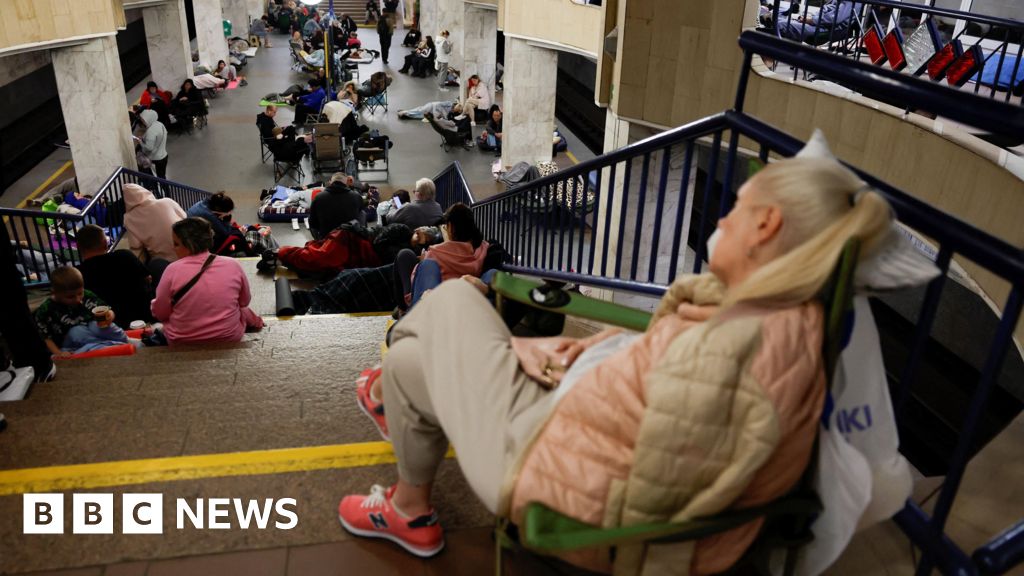In Ukraine, the repercussions of the ongoing war extend beyond physical confrontations, significantly affecting the psychological welfare of its citizens. With the unnerving sounds of drone attacks becoming a nightly reality, sleep deprivation has emerged as a critical health crisis, plaguing residents across the nation.
As the war intensifies, particularly following a surge in drone attacks in urban areas, many Ukrainians, like 22-year-old Sofia Tsarenko from Dnipro, find solace in sleep aids and antidepressants to combat escalating anxiety. Tsarenko recounted the transformation of her coping mechanisms, moving from casual drinking to seeking pharmaceutical support to find relief from pervasive insomnia.
The permanence of fear and uncertainty linked to nightly attacks creates a climate where many struggle to find peace in their own homes. Experts warn that chronic lack of sleep, often dubbed "sleep debt," can lead to severe mental health consequences, reinforcing a cycle of anxiety, irritability, and deeper psychological issues.
With the international community’s focus on Ukraine shifting, especially amidst mediated peace talks, the constant threat of drone strikes remains a grim reality. As these assaults claim lives and detract from daily normalcy, such conditions contribute to a widespread crisis that reaches into the very core of societal stability in Ukraine, evoking urgent calls for support and mental health resources.




















